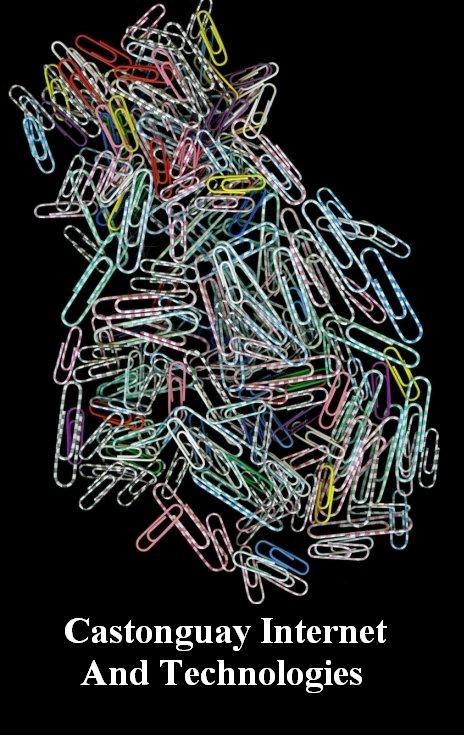
ByJamil Anderlini in Beijing
Published: July 14 2010 10:00 | Last updated: July 14 2010 16:21
Chinese micro-blogging sites have become the latest target of Beijing’s internet police, which have ordered companies providing Twitter-like services to step up monitoring and purge sites of politically “sensitive” words and expressions.
In the last week, most of the largest and most popular micro-blogging websites in China have been shut down for “maintenance” or have switched to “beta” or “testing” versions.
These backup websites are being used while the companies “strengthen their self-censorship systems” and remove all politically sensitive content under orders from Chinese internet authorities, according to employees at some of those companies.
The micro-blogging site run by the popular Chinese portal Netease was unavailable on Wednesday , replaced with a notice saying the site had been “under maintenance” since 7pm on Tuesday.
The Twitter-like service provided by leading internet portal Sohu was also closed for “maintenance” over the entire weekend but reopened on Monday morning.
Other companies that have switched to “beta” or “testing” versions of their micro-blogging sites include Sina, which claims to have 20m registered micro-bloggers, as well as Tencent, QQ and even the micro-blog site of the People’s Daily website, the official mouthpiece of the Chinese Communist Party.
Popular US micro-blog and social networking sites including Twitter, Facebook and Youtube have all been banned in China since last year but domestic imitators have been allowed to flourish, provided they observe the government’s stringent self-censorship requirements.
“In some places the local Public Security Bureaus have started their own official micro-blogs which shows how the government understands the importance of this new communication channel,” according to Hu Yong, associate professor of journalism and communications at Peking University. “The government is strengthening its censorship over micro-blog contents but it’s very unlikely it will close them all down.”
The power ofmicro-blogging in China’s tightly controlled media environment has been highlighted by a case in recent days in which a popular crusading micro-blogger raised serious questions about the integrity of one of China’s most prominent business executives.
Tang Jun, a former President of Microsoft China and reportedly the highest-paid executive in China, was forced to admit he did not receive a degree from the prestigious California Institute of Technology after accusations he falsified his resume were posted by micro-blogger Fang Zhouzi, known for his online campaigns against academic plagiarism and fraud in China.
The case has stirred up a frenzy on the Chinese internet and forced Mr Tang to reveal his “doctorate” came from an unaccredited US institution that recently changed its name after it was accused by US media of being a “diploma mill” that does not provide any actual classes.
Propaganda authorities have since clamped down on reporting of the case after some Chinese media published lists of other prominent Chinese figures who received degrees from similar institutions, including government officials, executives and judges.
Copyright The Financial Times Limited 2010. You may share using our article tools. Please don't cut articles from FT.com and redistribute by email or post to the web.

No comments:
Post a Comment